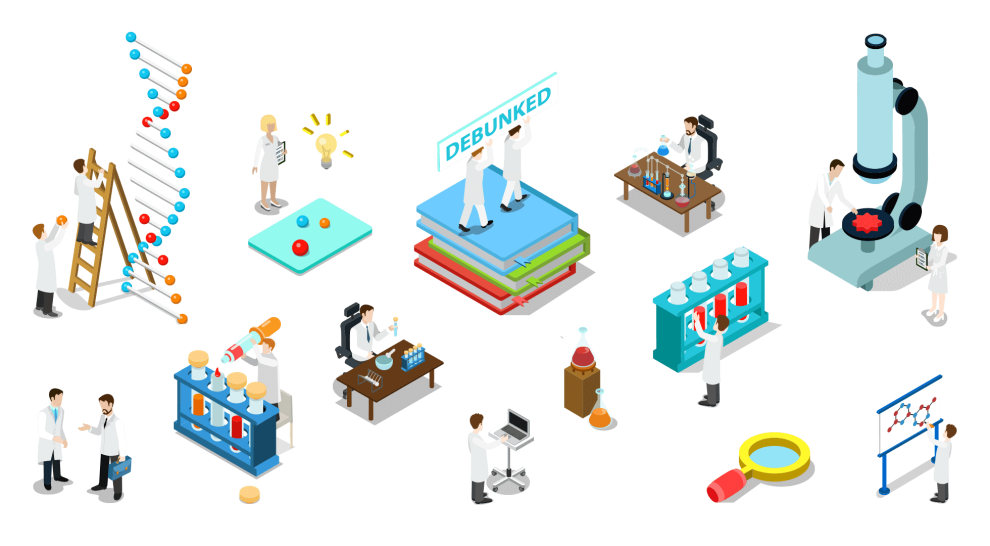Even if the difficulty level of your secondary school and junior college Physics classes may increase, you can still succeed academically by enrolling in the appropriate JC H2 Physics tuition courses.
As a student, you should think about approaching your professors, classmates, and even seniors for assistance, as they may be able to steer you through the most challenging aspects of the topic. In addition, it is strongly suggested that you enrol in physics lessons to better understand the fundamental ideas underlying the study of the topic and become familiar with its practical applications. This will allow you to achieve the best possible outcomes.
The following is a list of some of the most widespread misconceptions about Physics you should be aware of.
#1 The study of physics is neither required nor helpful in any way.
Most of the more technical colleges that provide a wide variety of technical degrees like engineering, architecture, IT, and so on require a high level of success in Physics. Additionally, people who specialise in the sciences, particularly physics, have many employment opportunities accessible to them, the majority of which offer a greater starting salary than those offered by most other fields.
#2 A student proficient in mathematics can manage physics even if they do not choose to major in it.
To accommodate the wide range of mathematical skills today’s pupils possess, physics is presented in several different contexts and levels. Consequently, your overall performance in mathematics on the ‘A’ Levels and any other tests or examinations focusing on mathematics can only benefit from your participation in a few Junior College Physics tuition sessions.
3. Women have no place in physics.
This is simply not true. In fact, a sizable number of women and young girls pursue a degree in Physics as their primary field of study, not only at the junior college level but also later when they enrol in universities.
#4 Students do not have to choose physics during junior college because they can also do so in university.
According to research, students who took physics in junior college are known to do better in physics classes taken in university. Furthermore, those who choose to study physics during their junior college years are known to have higher grade point averages than those who do not study physics during their junior college years. In addition, if you successfully get excellent marks in junior college, it stands to reason that you will have an advantage in gaining the majority of your majors in college and a better career path in the fields of life sciences, medicine, chemistry, or engineering.
#5 Having a background in physics is becoming less important in your working life.
Despite the widespread belief to the contrary, physics continues to play an essential role in the majority of the major technical sectors, particularly in the current day. In addition, the abilities of critical thinking that are developed via the study of physics prove beneficial and relevant in any future job path that the students may pursue.
















